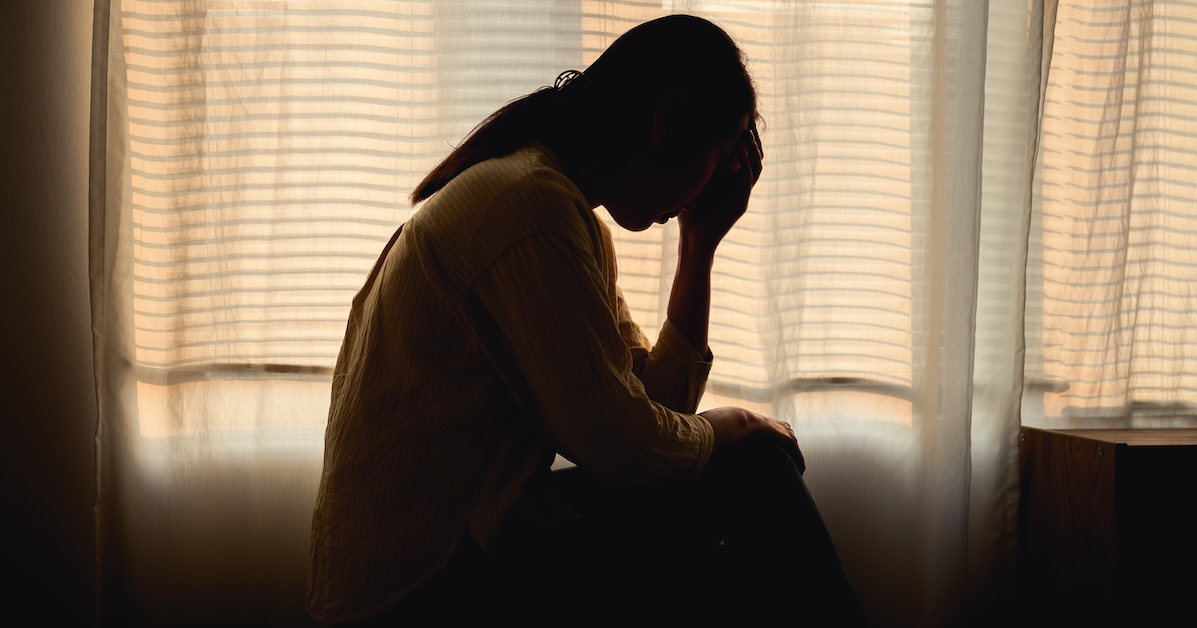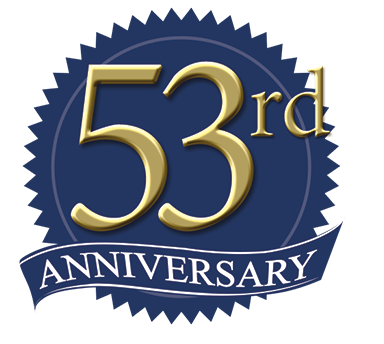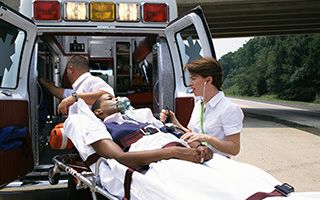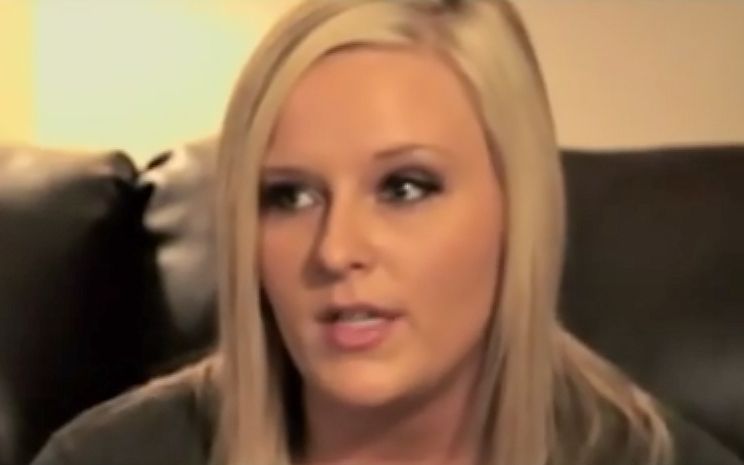
Being involved in an accident often results in serious physical injury. Due to the fear, stress, and trauma associated with accidents, they can also result in post-traumatic stress disorder (PTSD), an emotional response that can cause intense and—at times—debilitating symptoms.
PTSD can interfere with your ability to work, interact socially, and enjoy time with family and friends. It can also require therapy, medication, and outside support. When you or someone you love develops PTSD after an accident, you may be entitled to seek compensation for your recovery expenses, lost wages, and more.
What Are the Signs and Symptoms of PTSD After an Accident?
The symptoms of post-traumatic stress disorder can vary widely, but common indicators of PTSD after an accident include:
- Intrusive Memories. Re-experiencing the trauma can happen through vivid memories or flashbacks, making it feel like you’re reliving the accident.
- Avoidance of Reminders. You may start to avoid people, places, or activities that remind you of the accident, even if they’re part of your daily routine.
- Hypervigilance. Feeling constantly “on edge” or overly alert can be a sign of PTSD. Some people experience a persistent sense of danger or have an exaggerated startle response.
- Sleep Disturbances. Difficulty falling or staying asleep, nightmares, and waking up feeling unrested are all common when dealing with PTSD.
- Emotional Detachment. Some people feel emotionally numb, detached from others, or unable to connect with friends and family in the same way.
- Difficulty Concentrating. PTSD can make it hard to focus on tasks, especially if intrusive memories or heightened anxiety interrupt daily activities.
- Negative Mood Changes. Feelings of guilt, shame, irritability, or hopelessness may develop, impacting your overall outlook on life.
While post-traumatic stress disorder is psychological, it often produces physical symptoms as well. These may include pain sensations and trembling along with fatigue, feeling generally unwell, and excessive sweating. If you or someone you love has been involved in an accident and is now displaying PTSD symptoms, medical assistance should be sought immediately. If your PTSD is the result of a car accident, you should also talk to an attorney who can help you understand your rights and options.
Are You Experiencing PTSD After an Accident? Let Us Help
If you are experiencing post-traumatic stress disorder as a consequence of someone else’s actions, Fuller & Fuller is here to help. Attentive and effective, we will carefully assess your claim, help you understand your options, and assist you in determining how to move forward. Call us at 800-570-4878 or contact our Tacoma or Olympia office online to schedule your FREE and confidential consultation today.
Types of Accidents That Can Lead to PTSD
Traumatic accidents—whether on the road, at work, or in a public space—often prompt a psychological response. Car accidents, and other motor vehicle accidents, are a leading cause of PTSD, but the response can also follow traumatic events such as slip and fall accidents, dog bites, or physical and sexual abuse in a foster home. In fact, PTSD can follow any traumatic event, even when there isn’t a physical injury.
At Fuller & Fuller, we have decades of experience representing people suffering from PTSD after an accident. We are here to provide comfort and support while fighting for the compensation you need to make the best recovery possible. If you are experiencing any of the symptoms of PTSD after an accident, we encourage you to reach out today to schedule your cost- and obligation-free case evaluation.
The Financial, Physical, and Emotional Toll of PTSD After an Accident
Living with post-traumatic stress disorder after an accident can come with profound financial, physical, and emotional struggles. Coping with these challenges can often feel overwhelming, as PTSD often leads to:
- Ongoing Therapy Costs
- Medication Expenses
- Lost Income/Reduced Earning Capacity
- Impacts on Quality of Life
PTSD may require lifestyle adjustments to avoid triggers, place a significant strain on personal relationships, and increase feelings of isolation, depression, and anxiety. It can lead to unexpected physical complications as well, including issues with cardiovascular, gastrointestinal, and musculoskeletal health.
For many people, dealing with post-traumatic stress disorder means managing these complications while also trying to move forward. When you are forced to deal with these and other consequences of PTSD due to someone else’s behavior, you are entitled to hold that party accountable and seek fair compensation.
Dedicated personal injury attorney Marya Fuller knows how these burdens can add up quickly, resulting in additional strain and economic struggles. She is committed to helping you pursue the compensation you need to support your journey toward recovery.
When Should You Talk to a PTSD Lawyer?
When an accident results in post-traumatic stress disorder and, as a result, impacts your finances and ability to engage fully in your life, you should talk to an experienced PTSD attorney about your options. An attorney will be able to evaluate your claim, determine if you are entitled to take legal action, and help you decide how to move forward.
Depending on the specifics of your claim, your lawyer can help you seek damages for:
- Economic Impacts: Medical expenses, lost wages, counseling and therapy, medications, and other financial consequences of PTSD.
- Non-Economic Impacts: Pain and suffering, emotional duress, loss of quality of life, impacts on future plans, and similar non-financial consequences of PTSD.
Without a lawyer, any compensation you receive for your injury will be determined by an insurance adjuster. This means you may never receive the compensation you truly need to deal with the damages caused by your condition. The average personal injury settlement, when you have an attorney, is higher than the average insurance settlement without a lawyer. Regardless of what an insurance company has decided your claim is worth, your attorney will fight to secure the maximum compensation possible.
Fuller & Fuller Is Here for You
For more than 50 years, our family has been dedicated to helping people in Washington recover from serious injuries. When you are struggling with PTSD after an accident, having an attorney who truly listens and actually cares is essential. Marya Fuller and the team at our firm treat every client like family. We don’t just say we care, we actually do, a truth evident in our every interaction.
Tireless advocates for justice, we have a deep understanding of Washington State personal injury laws—including those governing compensation for PTSD—and a long history of securing large settlements and verdicts for our clients. Offering support, directing you toward resources, and providing effective representation, Fuller & Fuller is here to help you get the justice you deserve.
If you or a loved one is experiencing PTSD after an accident in Tacoma, Olympia, or a nearby area of Washington, contact Fuller & Fuller online to request a FREE case evaluation with accident and injury specialist Marya Fuller. We serve people dealing with PTSD after car wrecks, animal attacks, foster home abuse, and more throughout the state of Washington.






